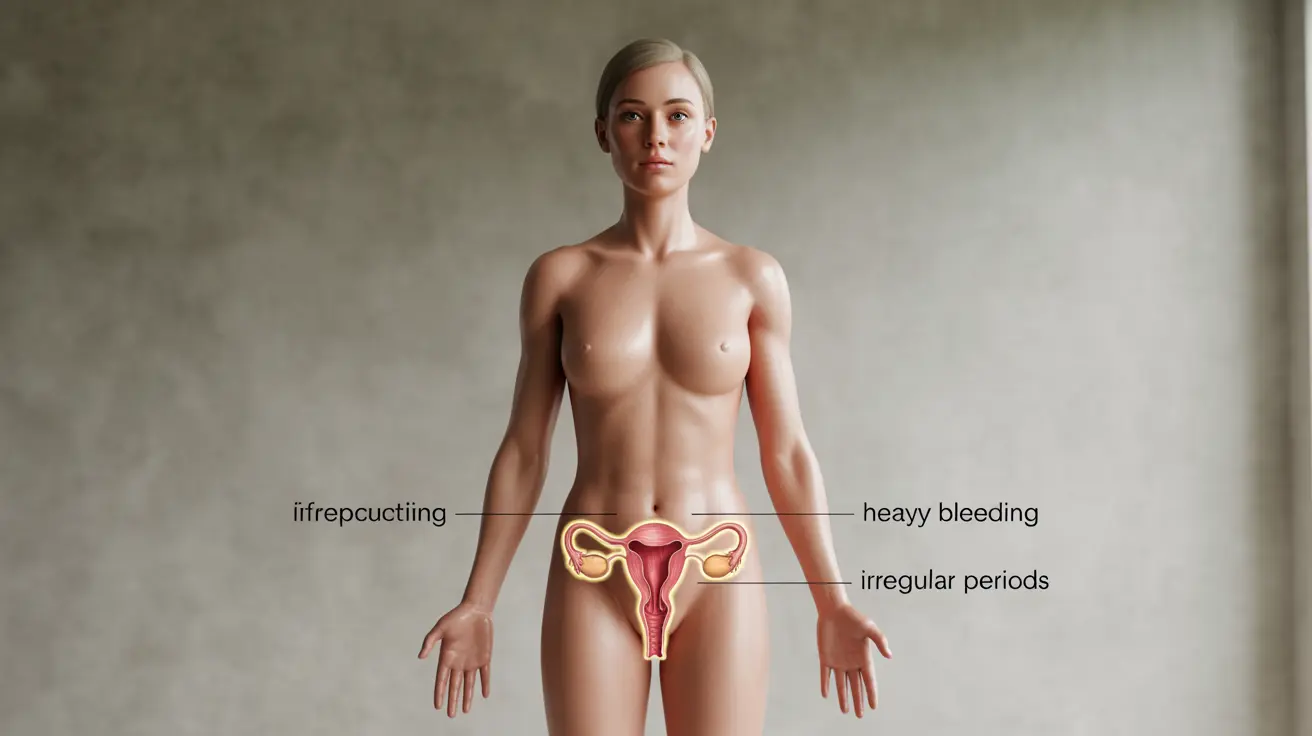Menstrual problems affect millions of women worldwide, impacting their daily lives, work productivity, and overall well-being. From irregular cycles to severe cramping, these issues can be both physically and emotionally challenging. Understanding the various types of menstrual problems, their causes, and available treatment options is crucial for proper management and knowing when to seek medical attention.
This comprehensive guide explores common menstrual problems, effective treatments, and lifestyle modifications that can help improve menstrual health. Whether you're dealing with heavy bleeding, missed periods, or painful cramps, you'll find valuable information to help you make informed decisions about your menstrual health.
Common Types of Menstrual Problems
Menstrual problems can manifest in various ways, each with distinct characteristics and potential causes:
Heavy Menstrual Bleeding (Menorrhagia)
This condition involves experiencing unusually heavy or prolonged menstrual flow, often requiring frequent pad or tampon changes and potentially causing anemia. Common causes include hormonal imbalances, uterine fibroids, or underlying medical conditions.
Irregular Periods (Oligomenorrhea)
Characterized by unpredictable or infrequent menstrual cycles, this condition can be caused by stress, extreme exercise, hormonal disorders, or conditions like polycystic ovary syndrome (PCOS).
Painful Periods (Dysmenorrhea)
Many women experience significant cramping and discomfort during their periods. This can be primary (occurring naturally) or secondary (caused by underlying conditions like endometriosis).
Treatment Options and Management Strategies
Hormonal Treatments
Various hormonal options can help regulate menstrual cycles and reduce symptoms:
- Birth control pills
- Hormonal IUDs
- Hormone patches
- Injectable contraceptives
Non-Hormonal Solutions
For those who prefer or require non-hormonal approaches, several options are available:
- Over-the-counter pain relievers
- Heat therapy
- Natural supplements (such as omega-3 fatty acids)
- Herbal remedies (after consulting with healthcare providers)
Lifestyle Modifications for Better Menstrual Health
Making certain lifestyle changes can significantly impact menstrual health:
Diet and Nutrition
A balanced diet rich in iron, calcium, and essential nutrients can help manage menstrual symptoms and maintain regular cycles. Consider including:
- Leafy green vegetables
- Whole grains
- Lean proteins
- Foods rich in omega-3 fatty acids
Exercise and Physical Activity
Regular moderate exercise can help regulate menstrual cycles and reduce cramping. However, excessive exercise may disrupt normal menstrual patterns.
When to Seek Medical Help
Certain symptoms warrant immediate medical attention:
- Extremely heavy bleeding requiring pad/tampon changes every hour
- Severe pain that interferes with daily activities
- Periods that last longer than seven days
- Missed periods for three or more months
- Bleeding between periods
Frequently Asked Questions
What are the most common causes of menstrual problems like heavy bleeding or missed periods?
Common causes include hormonal imbalances, uterine fibroids, endometriosis, PCOS, thyroid disorders, and stress. Lifestyle factors such as significant weight changes or extreme exercise can also impact menstrual cycles.
How can hormonal treatments like birth control pills or hormonal IUDs help manage menstrual problems?
Hormonal treatments work by regulating the menstrual cycle, reducing heavy bleeding, and alleviating painful cramps. They can help create more predictable periods and manage conditions like endometriosis or PCOS.
When should I see a doctor for painful or irregular periods?
Consult a healthcare provider if you experience severe pain that interferes with daily activities, extremely heavy bleeding, periods lasting longer than seven days, or three or more missed periods in a row.
What are the non-hormonal options to relieve menstrual cramps and heavy bleeding?
Non-hormonal options include over-the-counter pain relievers, heat therapy, regular exercise, dietary changes, and stress management techniques. Some women find relief with acupuncture or herbal supplements.
How do lifestyle factors such as diet and exercise affect menstrual cycle irregularities?
A balanced diet rich in essential nutrients helps maintain regular cycles, while regular moderate exercise can reduce cramping and regulate periods. Excessive exercise, poor nutrition, and high stress levels can disrupt normal menstrual patterns.




